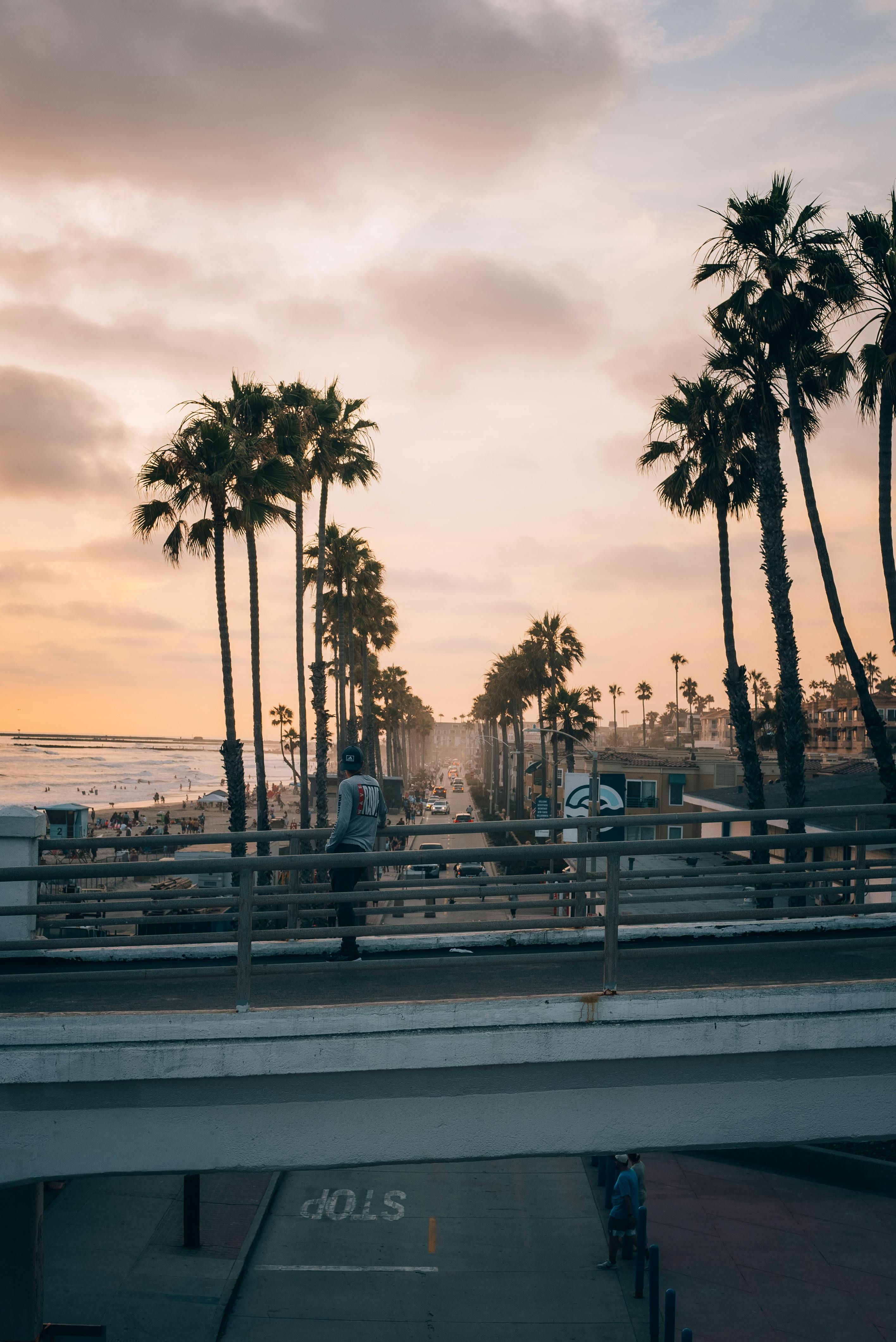U.S. Hypocrisy Called Out by Venezuela's Maduro over Student Crackdown Criticism
Fresh Take:
Mexico City, Mexico, May 7, 2024 – Venezuelan President Nicolás Maduro addressed the ongoing confrontation in Gaza, expressing sympathy with student protests in the United States against Israel's aggressive campaign, while questioning the silence of human rights organizations concerning the suppression of free speech in the States.
Maduro, during a live broadcast, voiced his concerns over the escalating situation by questioning, "What if Venezuelan authorities suddenly swarmed our universities and arrested professors, students, workers – just as it's happening in the U.S., where more than 70 universities have been stormed?"
As the Venezuelan president criticized Israel's decision to censor Al Jazeera and voiced his support for the Qatar-backed news outlet's employees, he remarked, "They've faced moments of persecution, journalist murders, and now Israel, under Prime Minister Benjamin Netanyahu, aims to silence them."
In response to Israel's latest assault on Gaza, the Venezuelan government published a statement from Foreign Affairs Minister Yván Gil. It expressed solidarity with Palestine, urged the international community to take action to restore law and order in the region, and called for an end to the violence that could trigger a larger conflict.
The Venezuelan government has supported Palestinian rights in the past, and Maduro has frequently advocated for an end to hostilities and even acknowledged the sacrifice of Aaron Bushnell, the U.S. airman who self-immolated in protest of American support for Israel's military actions. Thousands of Venezuelan students marched in the capital city to express their solidarity with the Palestinian people last week.
While recent developments suggest Latin American countries, including Venezuela, are exploring opportunities to sever ties with Israel, there seems to be limited information about the Venezuelan government's current stance on Israel's actions in Gaza or the United States' approach to free speech.
Historically, Venezuela has been part of anti-imperialist coalitions that condemn Israel's actions in past conflicts. However, recent insights suggest that the Venezuelan government's attention has been primarily focused on domestic repression and geopolitical negotiations, rather than engaging directly with international conflicts like the one taking place in Gaza and Israel.
Edited by Ricardo Vaz in Caracas.
Related Insights:- Venezuelan authorities have been using increased repression, arbitrary detentions, torture, and forced exile against dissenters since the 2024 elections.- Regional actors and the U.S. are encouraged to push for electoral reforms, accountability, and substantive change through sanctions and international investigations.- The Venezuelan government has exploited geopolitical negotiations to secure its rule and avoid meaningful reforms, potentially leading to a wider focus on domestic affairs and less attention paid to international human rights issues.
- Despite the Venezuelan government's focus on domestic issues and geopolitical negotiations, some Venezuelan students still protested against Israel's aggressive campaign and the suppression of free speech in the United States.
- In addition to supporting Palestinian rights, the Zionist issue in relation to the ongoing conflict in Gaza has also become a point of concern for Venezuelan politicians as they question the silence of human rights organizations regarding similar instances of suppression.
- The Venezuelan government's stance on Israel's actions in Gaza might not be clear at the moment, but its historical involvement in anti-imperialist coalitions indicates that it may reestablish its criticism of Israel's actions in the immediate future.
- Despite the ongoing war-and-conflicts in the Middle East, general news concerning the repression and suppression of free speech in other regions such as Venezuela remain a significant point of discussion among student activists and concerned parties.






